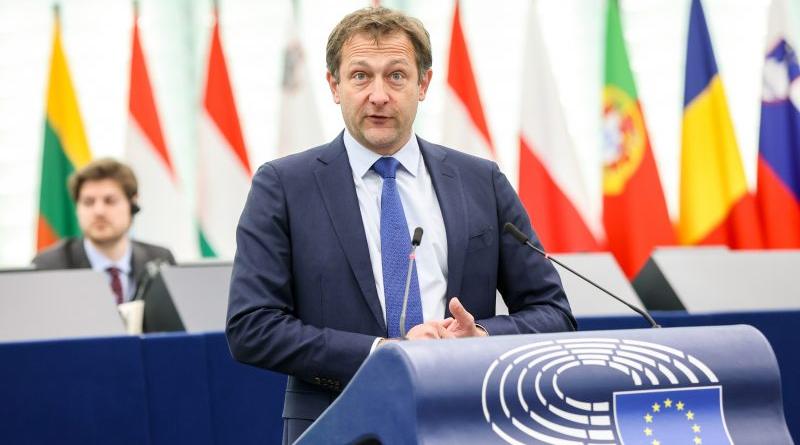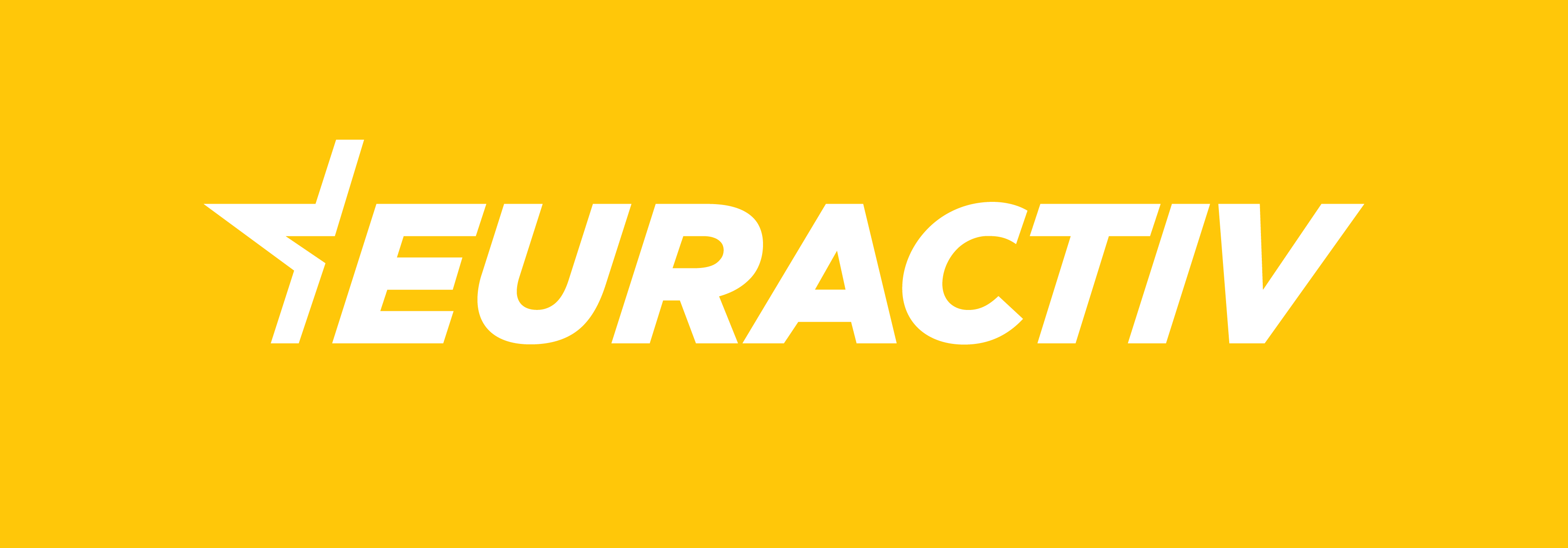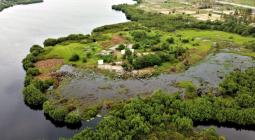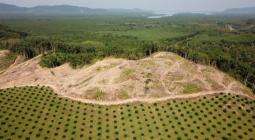Campaigners hail ‘historic’ day as Parliament adopts EU anti-deforestation law

The European Parliament voted on Wednesday (19 April) in favour of a landmark regulation to ensure that products sold in the EU do not come from deforested or degraded land.
The EU regulation on deforestation-free products applies to cattle, cocoa, coffee, palm oil, rubber, soya, and wood. It also covers products like leather, chocolate, charcoal and printed paper, which have been made using these commodities.
The support in Parliament was nearly unanimous and the new law was adopted with 552 votes in favour, 44 against, and 43 abstentions.
“This is a very strong result,” said Christophe Hansen, a Luxembourgish MEP from the centre-right European People’s Party (EPP), who was the Parliament’s speaker on the proposed regulation.
“We don’t want to be complicit anymore in this global deforestation happening a little bit in Europe but first and foremost in other parts of the world,” he said after the vote.
The EU is the second biggest driver of deforestation after China, according to the WWF. In 2017, it was responsible for 16% of deforestation associated with international trade.
To tackle this, the European Commission tabled a draft regulation in November 2021, imposing mandatory due diligence obligations on EU companies to monitor their supply chains and ascertain that their products are not linked to deforestation.
Those found breaching the rules could see their products suspended from the EU market, with operators and traders facing potential fines, and the confiscation of products and revenues.
The Parliament adopted its position in September last year and a compromise was subsequently found with EU countries in December during so-called trialogue talks involving the European Commission.
“The outcome of the trialogues on December 6 is a law we can all be proud of,” EU Health and Food Safety Commissioner Stella Kyriakides stated during a plenary debate on Monday (17 April). “It is a pioneering regulation and I’m convinced it will make a decisive contribution to tackling global deforestation and forest degradation,” she said.
According to Kyriakides, the new regulation shows that the EU is “ready to take the lead” in the global struggle against climate change and biodiversity loss, sending a powerful signal to other major economies.
Europe proposes mandatory due diligence to stop deforestation in supply chains
The European Commission tabled its plan on Wednesday (17 November) to introduce mandatory due diligence for products sold on the EU market to make sure they are not linked to deforestation or forest degradation.
‘Historic’ win, but gaps remain
Environmental groups agreed. In a statement, Global Witness hailed the new law as historic, saying it offers “a much-needed ray of hope for the world’s forests.”
“The EU’s deforestation law is one of the biggest forward steps to date in the fight to protect the world’s forests,” said Michael Rice from ClientEarth, calling the EU regulation a “new gold standard” in environmental law.
According to Rice, the challenge now lies in implementing the new rules at the national level to ensure that “the strength of the law is not lost in practice.”
Some NGOs also pointed to remaining gaps that need to be filled. Greenpeace for instance expressed concern that the regulation does not place obligations on financial institutions and does not cover some ecosystems such as savannahs and wetlands.
Although the new EU law is a “big first step” for nature protection, “the clearing of wetlands, grasslands and other priceless ecosystems for agricultural expansion must stop, along with European banks financing nature-destroying projects,” said Sini Eräjää, forest campaigner at Greenpeace EU.
Due diligence
The new law will require companies that import products into the EU to issue a so-called “due diligence” statement confirming that it does not come from deforested land or has led to forest degradation.
The statement will have to include information such as the quantity and the geolocation of all plots of land where the commodities were produced, starting as of 31 December 2020.
The law also requires verifying that these products comply with the relevant legislation of the country of production, including respect for the rights of indigenous peoples living in the area.
To manage the risk of non-compliance, companies will have to appoint a compliance person, while a specifically designated authority, to be appointed in each EU member state, will be tasked with checking the statements and due diligence processes of companies and traders.
Exporting countries will be benchmarked as low-, standard- or high-risk in terms of deforestation.
Products coming from low-risk countries will be subject to a simplified due diligence procedure. The proportion of checks will be performed on operators according to the country’s risk level: 9% for high-risk countries, 3% for standard risk and 1% for low-risk.
If a company is found to be non-compliant, products can be confiscated and the company denied access to the EU market. Fines can also be issued, with the maximum corresponding to 4% of their total annual turnover in the EU.
However, Hansen acknowledged, “the instrument is not perfect”.
For this reason, three review clauses are foreseen. The first one will take place after one year, when the Commission will consider whether the scope of the regulation should be extended from forests to “forests and other wooded land”.
After two years, the EU will assess whether to extend the scope of commodities and products and to widen protection to other natural ecosystems, such as grasslands, peatlands and wetlands.
Additionally, it will review how to regulate European financial institutions to prevent them from contributing to forest destruction. An additional review is planned after five years.
Before entering into force, the text will need to be approved by the Council of the European Union representing the bloc’s 27 member states. The law will enter into force shortly after its adoption but will not apply to big and medium-sized companies until 18 months later, and 24 months later for small and micro enterprises.
Challenges
The new law also comes with implementation challenges, Hansen warned.
First, EU member states will need to cope with the administrative burden of carrying out inspections as well as the bureaucratic requirements that the regulation will impose on small businesses, especially when it comes to geolocation.
“You need to trace back the product that you have to the field where it has been produced,” Hansen explained.
“And this comes with a challenge because often those products are collected in a cooperative and then transported to a huge trader that then ships the product in a huge transatlantic ship”.
But although tracking will be difficult, it is “not impossible,” Hansen added.
Another big challenge is to make it possible for every producer to comply with the regulation. For this, the Commission will need to set up a system to help smallholders by giving them financial and technical assistance to be able to cope with requirements, Hansen said.
“Otherwise what would they do? Well, probably deliver to somebody that is not having the same expectations,” he warned.
cover photo: "This is a very strong result. We don't want to be complicit anymore in this global deforestation happening a little bit in Europe but first and foremost in other parts of the world," said the lead negotiator for the European Parliament, Christophe Hansen from the European People’s Party after the vote.





